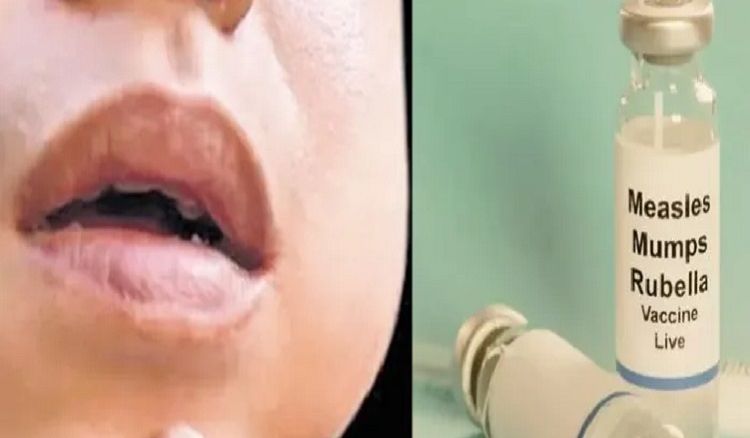In recent months, Kerala has been grappling with a concerning surge in mumps cases among children and adolescents, sparking fears of potential complications and prompting questions about vaccination strategies. However, Kerala is not alone in facing this challenge, as several other states, including Maharashtra, Telangana, and Andhra Pradesh, have also reported a resurgence in mumps cases.
The outbreak in Kerala began with sporadic cases in November 2023, primarily in the districts of Malappuram and Kozhikode, before spreading to Palakkad and Thrissur. This rapid spread has resulted in major community outbreaks, with the case tally reaching a staggering 15,637 as of March 22, with 6,675 cases reported this month alone.
One of the key concerns surrounding the mumps outbreak is the potential for complications, such as meningoencephalitis or pancreatitis, which can arise from the uncontrolled surge in cases. Public health experts are closely monitoring the situation and urging proactive measures to contain the spread of the virus and mitigate its impact on vulnerable populations.
One question that arises amidst the outbreak is why there have been many school-based outbreaks in Kerala. The close proximity and social interactions within school settings create conducive environments for the transmission of infectious diseases like mumps. Addressing this issue requires comprehensive strategies, including enhanced hygiene practices, vaccination campaigns, and targeted interventions in educational institutions.
Another pertinent question is why the mumps vaccine has been excluded from the Universal Immunisation Programme. Vaccination plays a crucial role in preventing infectious diseases, and including the mumps vaccine in routine immunization schedules can help reduce the incidence of mumps and its associated complications. Evaluating the feasibility and effectiveness of integrating the mumps vaccine into existing immunization programs should be a priority for public health authorities.
In conclusion, the mumps outbreak in Kerala highlights the importance of proactive surveillance, timely interventions, and vaccination strategies in preventing and controlling infectious diseases. Addressing key questions about the outbreak, including its spread in school settings and the status of mumps vaccination programs, is essential for mitigating the impact of the outbreak and safeguarding public health.
Keywords: Mumps outbreak, Kerala, vaccination, Universal Immunisation Programme, public health, complications, infectious diseases.






